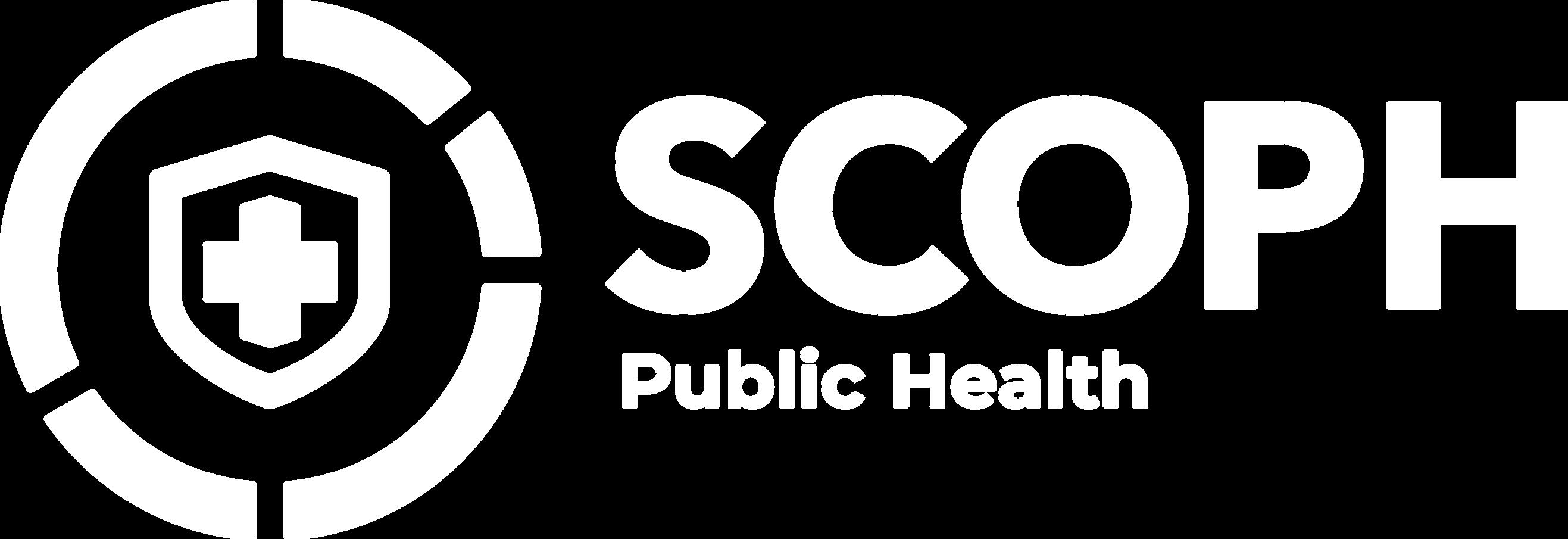MENTAL HEALTH MANUAL















College, school, and any studying can be tough sometimes. We all face problems like stress, anxiety, and burnout. As we advocate for mental health -being an inseparable part of SCOPH and our public health- we created this manual to give you some tips on how to deal with these problems, and most importantly to tell you that we can help each other. Mental health really matters. So, join us in our advocacy journey and be one of the SCOPHeroes.




Stress is our body’s response to pressure. We all deal with stress in different ways. Even our ability to cope differs, it can depend on our genetics, early life events, personality, social, and economic circumstances. Sometimes, this response is useful as it can help us to push through fear or pain. However, too much stress can have negative impacts. As it can affect our physical and mental health. Stress

How to deal with it?

4 A’s Technique to Cope With Stress :
1- Avoid unnecessary stress:
Think about what you can do to reduce the number of stressors in life. Know your limits and stick by them.
2- Alter stressful situations:

Change the way to operate and communicate• Have a well-balanced schedule throughout your day.
3- ADAPT to the Stressor:
Make sure it is well-balanced with work time, family time, and leisure time. Don’t bottle up your feelings and express them : it is important to communicate your feelings. Use the 5*5*5 rule. Before stress starts, take 5 minutes to think, will it matter to you in the next 5 years? If the answer is no then it's not worth wasting another 5 minutes on it.
Change your vision of the situation. Sometimes we think a situation is stressful, but if we change our vision, we can find a viewpoint towards it.
How to deal with it?
4- Accept the things you can't change:
Acceptance allows you to face the real problem which can lead to a solution. It does not mean that you are giving up. It simply means that you acknowledge that you don’t have control over the situation which is ok sometimes.
Extras that might help:
1- How to make stress your friend | Kelly McGonigal (English)
https://youtu.be/RcGyVTAoXEU


Psychologist Kelly McGonigal urges us to see stress as a positive and introduces us to an unsung mechanism for stress reduction: reaching out to others.
2- Why are you always stressed? | Dr. Amal Attia (Arabic)
https://youtu.be/6oSdhOR1I78
Psychiatrist Amal Attia discusses possible causes of stress and how to cope with stress through time management and identifying priorities.
3- if you feel overwhelmed and you can't fix it you should consult a therapist.

Anxiety is a normal reaction to stress and can be helpful as it can alert us to dangers and help us pay attention.
Anxiety disorders differ from normal feelings of nervousness or anxiousness and involve excessive fear or anxiety. However, anxiety disorders are treatable.
Anxiety can have different symptoms:
Restlessness
A sense of dread or fear Feeling constantly "on edge" Difficulty concentrating
Physical symptoms:
Mental symptoms: Dizziness, tiredness

A noticeably strong, fast or irregular heartbeat. Muscle aches, tension, trembling or shaking excessive sweating



Shortness of breath, stomach ache and headache
Difficulty falling or staying asleep (insomnia).


1. Guided self-help and cognitive behavioral therapy (CBT):

CBT is one of the most effective talking therapies that can help you manage your problems by changing the way you think and behave. There are several ways you may be offered self-help and CBT:
You work through a CBT workbook or computer course on your own time. You work through a CBT workbook or computer course with the support of a therapist who you see every 1 or 2 weeks. You take part in a group course where you and other people with similar problems meet with a therapist every week to learn ways to tackle your anxiety.
2. Applied relaxation (Applied relaxation focuses on relaxing your muscles in a particular way during situations that usually cause anxiety) and meditation.

How to deal with it?
3. Medication (If the psychological treatments above haven't helped or you'd prefer not to try them, you'll usually be offered medication, and your doctor will discuss this journey with you as it’s different from one another). N.B: you shouldn't take any medication prescribed by anyone other than your therapist.




Extras that can help you:
1. 6 Little Habits To Reduce Anxiety: https://youtu.be/pt0ynq52Zq0 psych2go is a psychology channel founded in 2017 by a psychologist who has taken his BA psychology degree back in 2017 and now it is run by a group of other professionals.
2. How To Deal With Anxiety: https://youtu.be/s9zZr2KRvzs by psychologist Amal Atia.
Burnout is a condition of extreme and sustained stress-related emotional, bodily, and mental weariness. You become less productive and less energetic as a result of burnout, which also makes you feel more hopeless, cynical, and resentful.
Burnout may be broken down into five stages:

Using effective coping mechanisms, such as making concrete efforts to support your well-being alongside your professional ventures, as soon as you start to feel the anticipated strains of the initiative you're taking.



When you realize that some days are harder than others, this indicates the start of the second stage of burnout. A decline in your optimism as well as frequent stress symptoms affecting your body, mind, or emotions are noticed.





In this stage, your stress levels have clearly changed, ranging from being motivated to being stressed out a great deal. Additionally, you can encounter more severe symptoms compared to stage two.

Stage four is burnout itself, where symptoms deteriorate. It gets progressively difficult to cope in this situation, making it frequently impossible to carry on as normal. We all have our own tolerance levels, so you must seek help now.
The last stage of burnout. This indicates that, as opposed to occasionally experiencing stress or burnout, the symptoms of burnout are so deeply ingrained in your life that you are likely to suffer from a serious ongoing mental, physical, or emotional problem.
Burnout symptoms include:
Physical symptoms:

Feeling drained and exhausted frequently.
Low immunity to sickness. Recurrent headaches or muscles ache. Alteration in appetite or sleeping patterns.
Emotional symptoms:




Failure, self-doubt, defeated, and helpless feelings.
Sense of isolation and detachment. Decrease and lack of motivation.
A decreased sense of accomplishment and fulfilment.
Behavioral symptoms:
Avoiding obligations.
Cutting yourself off from other people. Putting off tasks and taking longer to do them. Sometimes taking out your frustration on others.
How to deal with burnout:
Burnout is usually due to prolonged stress, so it is so important to identify your stressors and deal with them as we mentioned before in the stress part.

1- Seek professional help. If you feel that you suffer from burnout and you feel it is difficult to cope with it. So, it is important to seek professional consultation from a therapist.

2- Take breaks. Regular opportunities for recharging your mental energy are necessary if you want to perform at your peak over the long run.



3- Focus on meaning. If your obligations prevent you from taking time off right away, concentrate on why the task is important to you. Relating your current task to a bigger personal objective.
4- Sleep. Many people sacrifice sleep when dealing with stress, but healthy nighttime sleep is essential to avoid or overcoming stress.





How to deal with burnout: Here are some steps to help you enjoy a good sleep:
Ensure that your bedroom is peaceful, quiet, dark, and at a suitable temperature. Avoid large meals and caffeine before bedtime Stop watching screens 30 minutes before bed Get some exercise. Being active throughout the day can make it easier for you to sleep at night.
5- Do things that you enjoy. If you want to know how to recover from mental exhaustion, having fun is a good place to start.
6- Release some oxytocin. Activities like helping other people and playing with babies, release oxytocin and make you happy. That will help you in coping with stress.






 Menna Ashraf
Menna Ashraf




